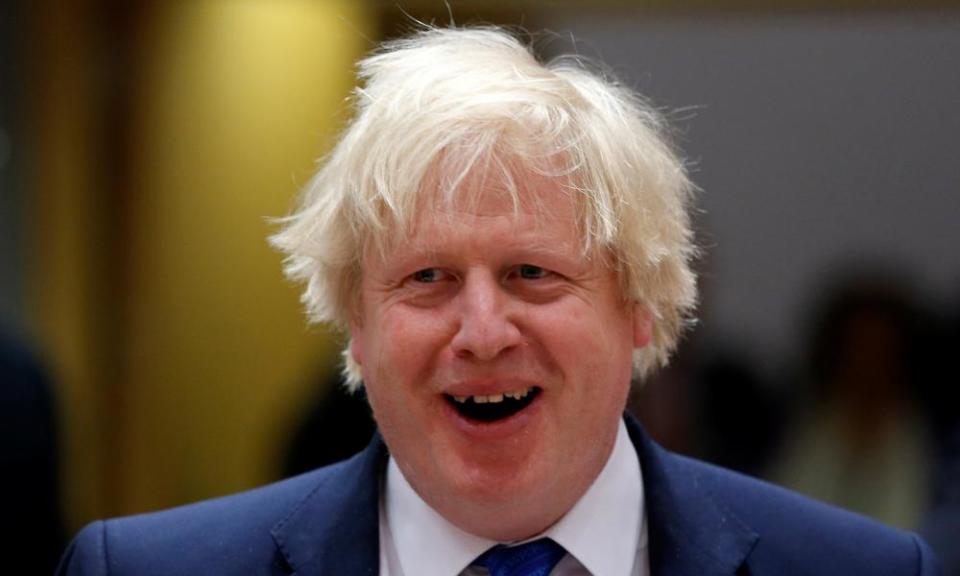UK foreign policy and our colonial legacy | Letters

Jeremy Corbyn is right and Jonathan Freedland (It’s a delusion to think this is all about our foreign policy, 27 May) is uncharacteristically mistaken. But we need to frame the foreign policy question more broadly and ask whether this is all about the legacy of our colonialism. When the British invaded Iraq in 2003, Sadiq, who worked for the Iraqi Antiquities Services, remarked: “It first began in 1920. I often wonder how they would feel if we had been bombing them in England every now and again from one generation to the next, if we changed their governments when it suited us. They say that their imperial era is over now. It does not feel that way.”
This colonial legacy explains many things about where we are now: the exclusion of citizens of former colonies and their descendants from the category of “the British people”, as Salman Rushdie observed in 1982; the loyalty test of “British values” too often used, as Sayeeda Warsi argues in The Enemy Within, to demonstrate that British Muslims don’t match up and don’t belong; the bluster of Boris Johnson before the referendum, “We used to run the biggest empire the world has ever seen. Are we really unable to do trade deals?”
This combination of British arrogance and what Stuart Hall called “an entrenched and defensive understanding of Englishness” goes a long way to explaining Brexit. The vain idea that we are negotiating Brexit with “Empire 2.0” behind our backs when, in truth, having an empire deprived us of negotiating skills because we could always send in the gunboats. Rather than defend foreign policy disasters, we need to think hard about how to move from being a colonial society to a postcolonial one.
Robert Gildea
Professor of modern history, University of Oxford
• Join the debate – email guardian.letters@theguardian.com
• Read more Guardian letters – click here to visit gu.com/letters

 Yahoo News
Yahoo News 